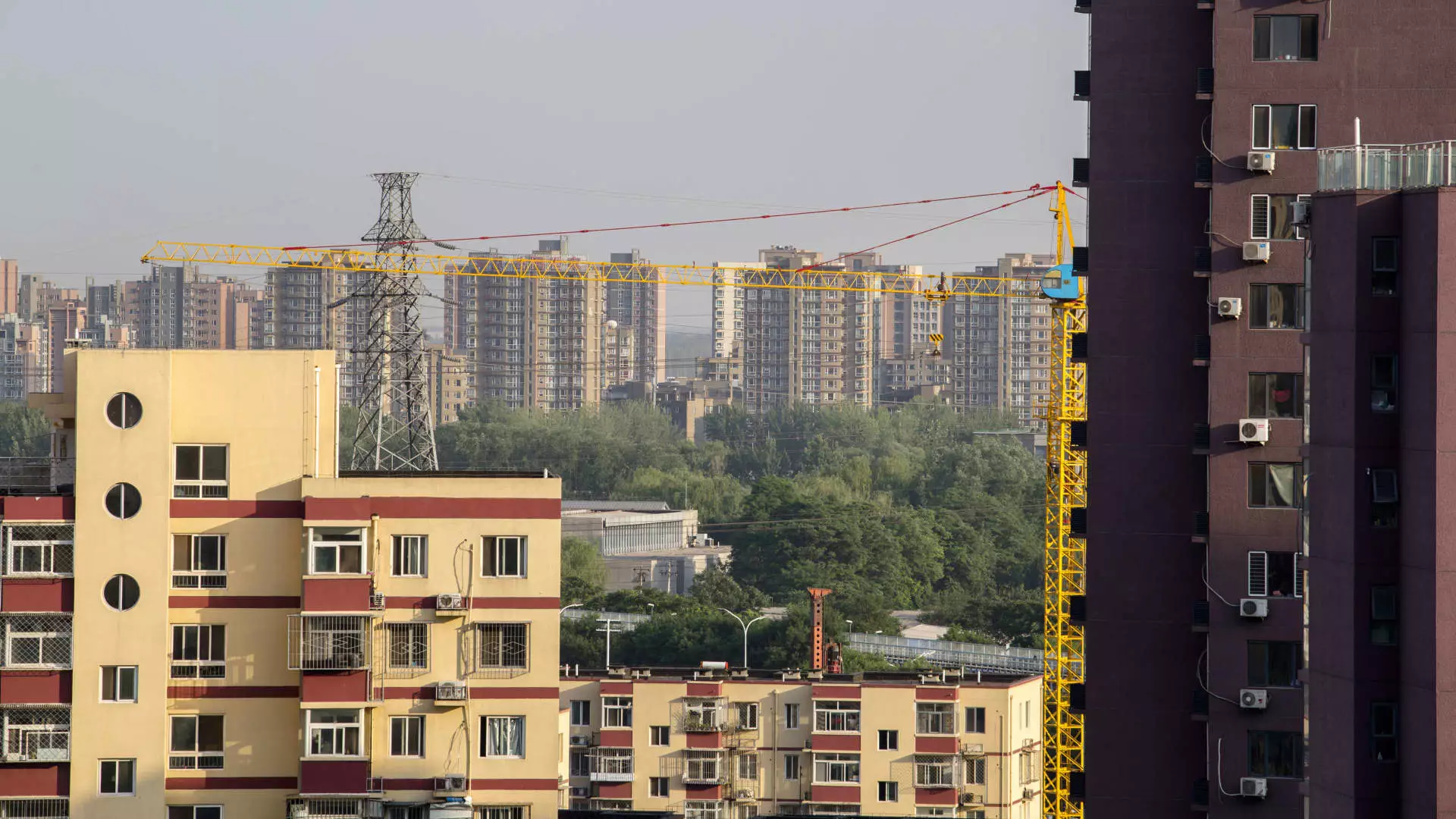The Chinese real estate market has experienced significant turmoil in recent years, primarily due to regulatory crackdowns, increasing debt levels, and declining property sales. However, recent governmental announcements indicating a series of monetary policy adjustments suggest a potential turning point in the sector’s recovery. This article aims to explore these recent developments, evaluating their possible impacts and limitations while considering broader economic implications for Chinese families and investors alike.
On Tuesday, Chinese financial regulators announced a set of policy measures aimed at revitalizing the beleaguered real estate market. The People’s Bank of China (PBOC), under the leadership of Governor Pan Gongsheng, pledged to implement interest rate cuts on existing individual mortgages by an average of 0.5 percentage points. Additionally, regulators lowered the down payment requirement for second homes from 25% to 15%. These adjustments signal an unprecedented alignment in down payment rates between first and second homes, which could potentially ease the financial burden on millions of families and stimulate demand in the property sector.
These measures came with significant market reactions, as the Hang Seng Mainland Properties Index surged by about 5% shortly after the announcement. Notably, shares of prominent property developers, including China Resources Land and Longfor Group Holdings, reported substantial gains, reflecting investor optimism regarding the new policies. The promise of reduced mortgage payments is expected to lower household interest payments by an estimated 150 billion yuan ($21.25 billion) annually.
Chinese policymakers have recognized the urgent need to support families struggling under financial pressure due to rising mortgage debts. The real estate sector has been under considerable strain, evidenced by a more than 10% decline in property-related investments during the first eight months of the year compared to the previous year. These investments are crucial as they contribute significantly to overall economic growth in China.
Moreover, the central bank announced a reduction in the reserve requirement ratio (RRR) by 50 basis points, allowing banks to access more capital for lending. This move is intended to instill greater liquidity in the financial system, promoting lending for housing purchases and other investments. Experts assert that while these measures are well-intentioned, their potential effectiveness in reversing the current downward trend in the housing market is still uncertain.
Despite the seemingly positive steps, analysts express caution regarding the anticipated outcomes of these measures. According to William Wu of Daiwa Capital Markets, the rate cuts on existing loans are unlikely to stimulate significant demand for new housing. The psychology surrounding home purchasing has shifted; many consumers remain hesitant to engage with the market given ongoing uncertainties and perceived risks. Lowering down payment requirements might improve accessibility, but it does not address deeper issues such as consumer confidence and the overall economic climate.
Moreover, while the hope is that these policies will act as a catalyst for housing market recovery, Bruce Pang of JLL suggests that the market will likely take time to reach a stable bottom. There exists a need for comprehensive support that not only assists buyers but also propels developers to invest in property construction. Effective, broad-based initiatives are vital to engender genuine market recovery.
Looking ahead, it seems the Chinese government aims to consider further reforms to assist homeowners beyond the current measures. Reports suggest that proposals could emerge allowing individuals to renegotiate their mortgage terms with existing lenders or even to refinance with different banks for the first time in years. Such adjustments symbolize a more flexible mortgage landscape, which could serve as a lifeline for struggling homeowners and restore confidence in the real estate market.
While the Chinese government has made initial steps toward alleviating the financial pressures on families and reviving the real estate sector, the effectiveness of these measures is yet to be seen. Addressing consumer confidence and broader economic stability will be essential for the long-term recovery of the sector. The coming months will be critical as stakeholders assess the real impact of these recent policy changes on the housing market and the financial well-being of Chinese families.

